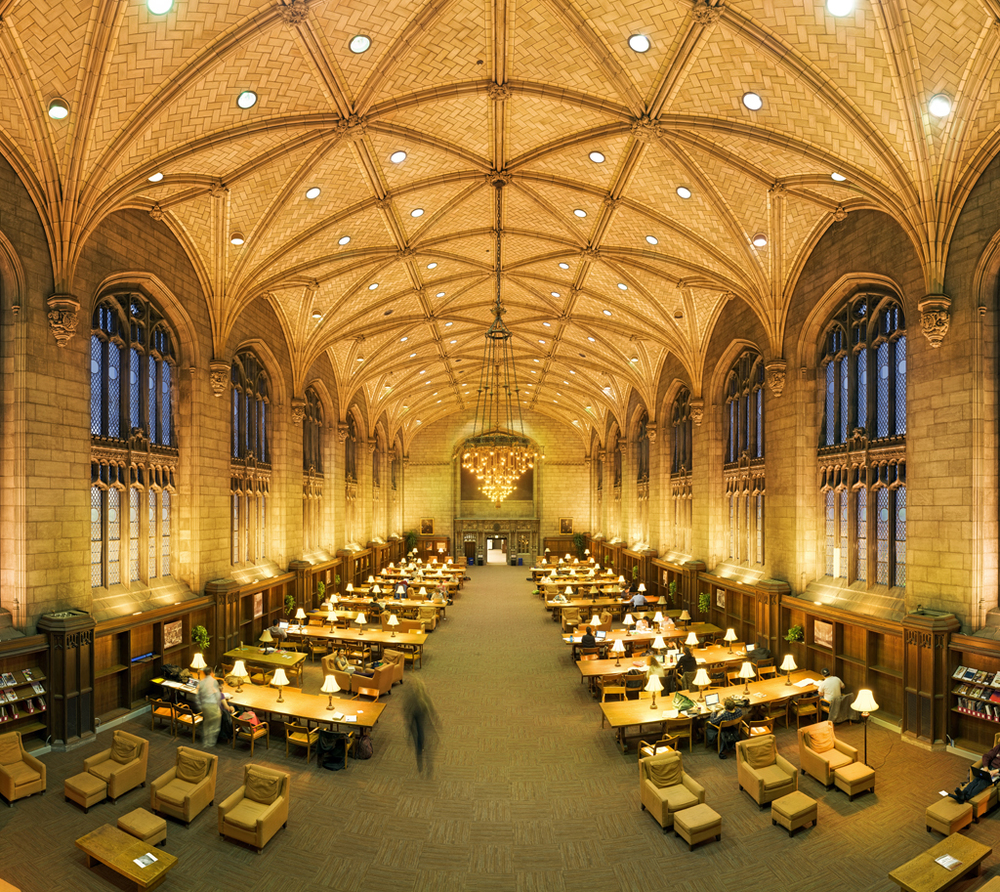The web is a library; the web is a shopping mall

Frank Chimero has a long, insightful essay about how commercial imperatives have creeped in on the public commonwealth of the web, creating a bunch of pseudo-public spaces whose experience continually degrades (think a negative stereotype of NYC’s Penn Station) as opposed to free and open public spaces (think a positive stereotype of NYC’s main public library).
Remember: the web is a marketplace and a commonwealth, so we have both commerce and culture; it’s just that the non-commercial bits of the web get more difficult to see in comparison to the outsized presence of the commercial web and all that caters to it. It’s a visibility problem that’s an inadvertent consequence of values. The commercial parts become more self-contained and link inside themselves to keep you around—after a while, you’re looping around their cul-de-sac because attention is money on the web. Non-commercial sites link out and will let you go, which immediately puts them at a disadvantage for mindshare.
Facebook, Google, Apple, and Amazon aren’t going anywhere at this point—nor should we expect them to—so it’s best to recalibrate the digital experience by increasing the footprint and mindshare of the kinds of cultural and communal value they can’t provide. The web isn’t like Manhattan real estate—if we want something, we can make space for it.
“If technology is increasingly a place where we live, it needs to have space for the soul,” Frank writes. For him, that means carving off pieces of it that don’t serve that goal: foregoing television, or Facebook, or anything where the net balance falls on the soul-draining more than the soul-nourishing.
I’m less sure; partly, I’ve never been able to be quite so deliberate about my physical or my media diet. I also have fewer options to step away: my day job is writing about advertising technology, after all, which mostly means plunging into the weird. But I am 100 percent about the idea that the web is a place of infinite space, where we can create new kinds of public spaces wherever we choose. It’s not that easy, of course. Nothing great ever is. But if we’re going to dream, let’s dream about that.





Stay Connected